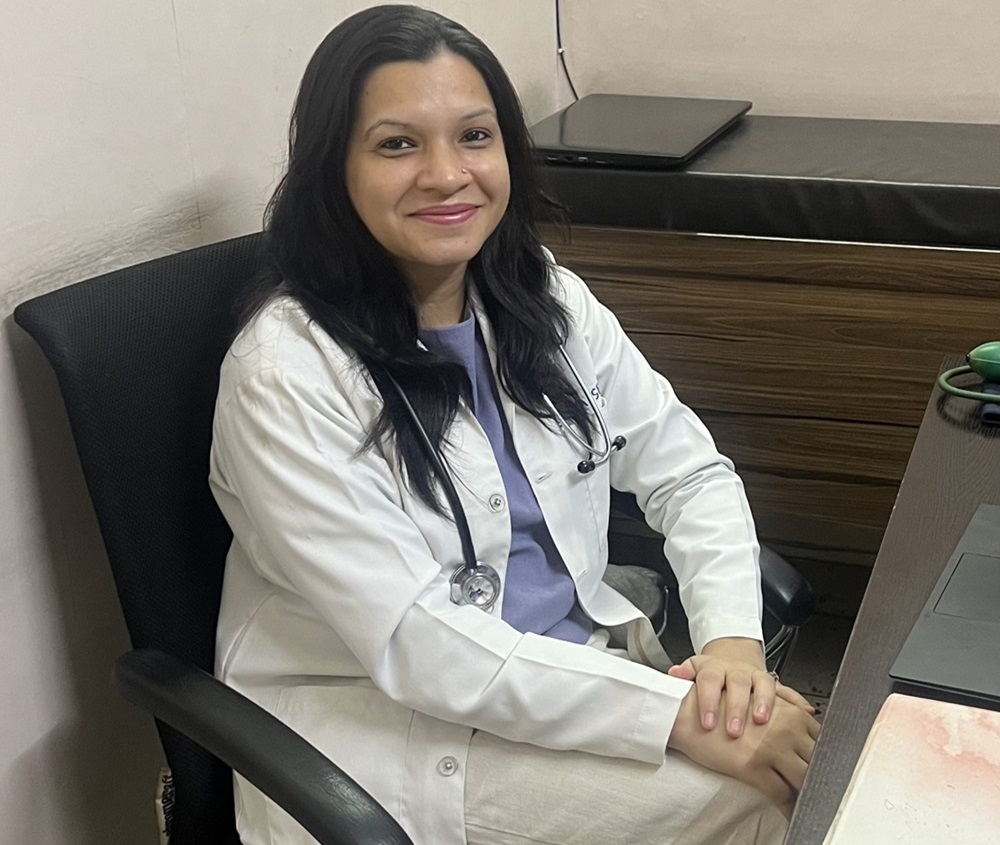Finding Yourself Again After Losing Someone


The death of a loved one can impact people in different ways, and while a lot may depend upon the nature of the death or the circumstances surrounding it, there can be no doubt that losing someone close to you can be devastating. Not only are you experiencing the loss of that person, but in many ways, you may feel as if you’ve lost your own sense of purpose and part of your identity, too.
When a loved one dies, this period of time in our life can be all consuming, and we often focus so much of our energy on simply getting through it, that we put our own lives on hold and go into survival mode. Gradually though, you should begin to question your interests again, what you hold dear and what you hope to achieve from life. When this happens – and it can be days, weeks, months or even years after the death of a loved one – you’re at a very important stage in the healing process, and it’s important to take steps to rediscover yourself.
If you’ve lost a loved one and are beginning to feel restored and positive about your future, the following guidance may help you as you heal:
Don’t be afraid to try new things
Whether it’s something as simple as listening to a different style of music, trying out a new hairstyle, or developing a hobby, try to reflect your renewed lust for life in your experiences.
Talk to someone you trust
Constructive criticism, even when it’s about ourselves, can be immensely helpful in the healing process, and can help us to learn our strengths and weaknesses. Just be sure that you truly trust the person you choose to talk to.
Take time to reflect
While it might be painful, it’s important to think back over the period before you experienced the loss, and ask yourself who you were, what made you tick, what got you angry, excited or sad, and what were your strengths and weaknesses. Try also to think about what you lost during the trauma, aside from someone that you were close to.
During this stage of the healing process, you must really try to be honest with yourself, otherwise you may never regain your true identity and not be able to move on with positivity and pride.
Look to the future
While there is a time and a place for looking backwards, it’s important not to dwell too long in the past; focusing on the future should always be the final phase of the healing process. Based upon what you’ve found out about yourself during your period of introspection, ask whether there’s any part of you that you can bring back, and think about various options that can bring you back to normal like grief therapy, talking to a professional counselor etc.
If you’ve reached a point in time where you can begin to refocus on yourself and find meaning and purpose in life, that’s wonderful, and by taking it slowly and being kind to yourself, who knows, you might even create a better version of yourself. However, if you’re still struggling to cope with a bereavement and haven’t yet reached the healing phase, please remember that help is out there.
If you’d like to chat with a licensed counselorabout your loss, we can work together to find you again, while keeping the memory of your loved one, very much alive.





